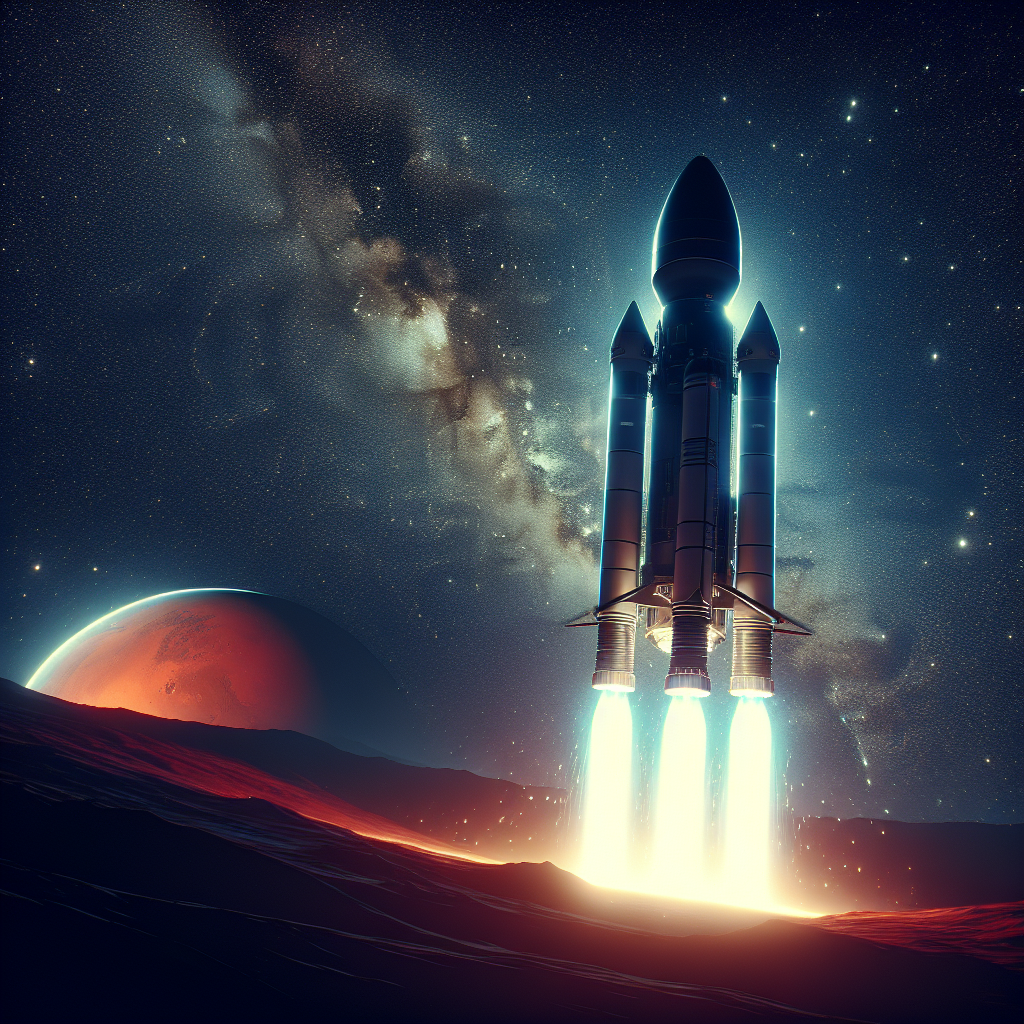Sci-Tech Updates: Moon Mission Delays, Satellite Advances, and Dino Discoveries
Current science news highlights include NASA's Artemis moon missions delay, Iran's successful launch of a satellite transfer module, Europe's Vega-C rocket's relaunch, and New York's American Museum unveiling 'Apex,' an almost complete Stegosaurus skeleton.

NASA's Artemis program has encountered new delays, pushing back U.S. astronauts' planned return to the moon until 2026. Administrator Bill Nelson attributed the timeline adjustment to potential policy changes under President-elect Donald Trump's administration, expressing changes planned missions.
Iran marked a significant milestone by launching its heaviest payload ever with the Simorgh carrier rocket. The Samān-1 module, designed to transfer satellites to higher-altitude orbits, was deployed alongside a CubeSat and research payload, reaching an elliptical orbit.
In European space endeavors, the Vega-C rocket has launched again after a two-year hiatus. The upgraded Italian rocket carried the Sentinel-1C satellite, part of the EU's Copernicus Earth observation program, into orbit from French Guiana.
The American Museum of Natural History in New York City has proudly unveiled 'Apex,' one of the most complete Stegosaurus skeletons ever found, delighting an audience of curious school children with the prehistoric exhibit.
(With inputs from agencies.)
ALSO READ
Explosive Setback for Japan's Epsilon S Rocket
Air pollution: SC asks Punjab govt to instruct its officers not to advise farmers to burn stubble after 4pm to avoid satellite detection.
Science Breakthroughs: From Climate-Proof Potatoes to Dinosaur Dominance & Rocket Setbacks
Gaza Food Prices Skyrocket Amid Escalating Hunger Crisis
India's Coal Production Skyrockets: A Surge in Energy Supply










